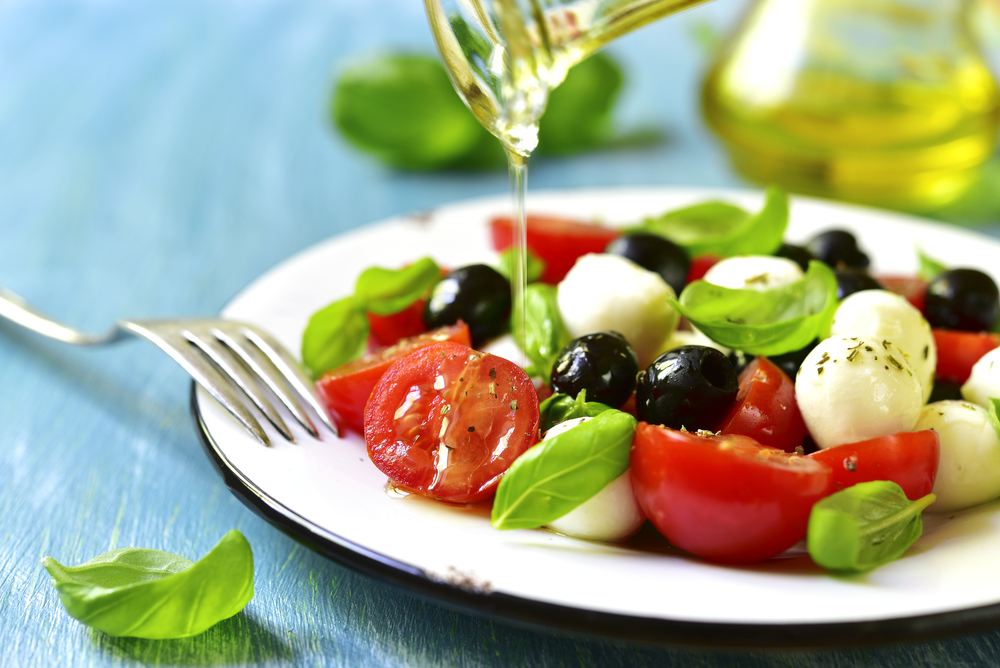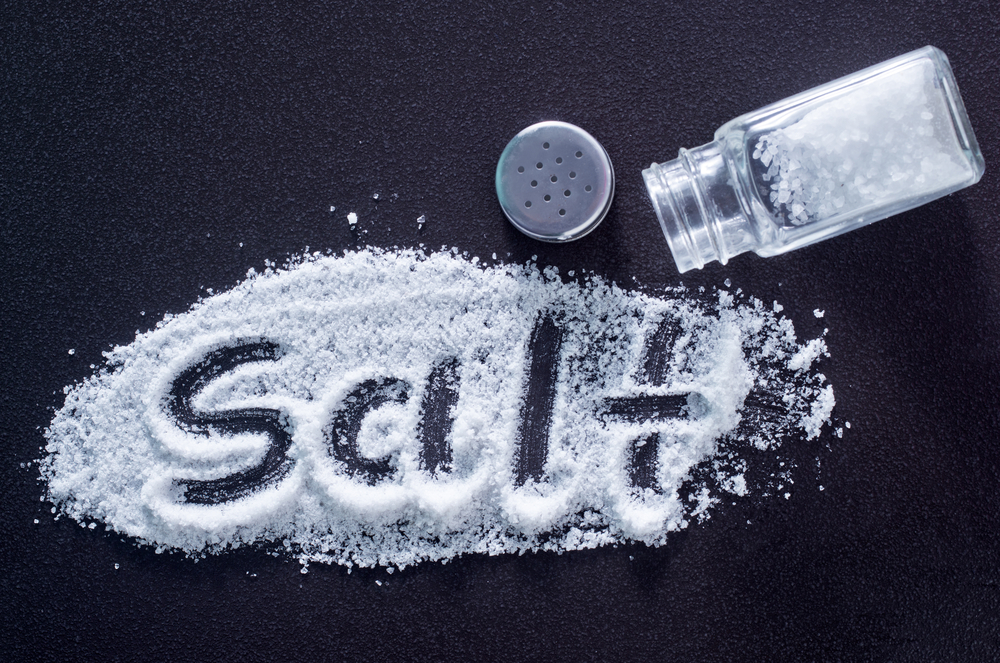Eating a Mediterranean diet could help us stay strong as we age

The benefits of following a Mediterranean style diet are well documented. And now a recent study published in The American Journal of Clinical Nutrition[i] suggests that it may help to keep us strong as we age.
The study looked at more than 2,000 non-frail participants over the age of 60 in the Framingham Offspring Study, part of the famous Framingham Heart Study. The more rigorously they stuck to a Mediterranean-style diet, the lower their risk of frailty.
The benefits seemed to be greatest in the following:
- Food rich in vitamin E: found in plant-based oils, nuts, seeds, fruits, and vegetables such as red peppers, avocados and asparagus
- Food containing carotenoids: found in red, green, yellow and orange fruit and veg (such as spinach, kale, lettuce, peppers, tomatoes, carrots, mangoes and oranges).
“Increasing the intake of brightly coloured fruits and vegetables that are rich in carotenoids as well as other bioactive compounds may ultimately affect the health of older adults,” commented senior study author Dr Shivani Sahni.
Reduce salt intake to reduce risk of premature death

People who add extra salt to their food at the table are at higher risk of dying prematurely from any cause, according to a recent study of more than 500,000 people, published in the European Heart Journal[ii].
The NHS and British Heart Foundation recommend that adults eat no more than 6g of salt a day, so what can we to cut back our intake?
For starters try swapping your table salt for low sodium versions. Instead of overdoing the salt when cooking, add flavouring with plenty of herbs and spices such as garlic, ginger, turmeric, cinnamon, basil, and rosemary. Use the food traffic light system on packaging to look out for ‘hidden’ salt. And, of course, reduce your intake of salty foods overall, including crisps, processed meats and fast foods.
‘’Even a modest reduction in sodium intake, by adding less or no salt to food at the table, is likely to result in substantial health benefits, especially when it is achieved in the general population” said lead author of the study Professor Lu Qi, of Tulane University School of Public Health and Tropical Medicine, New Orleans, US.
Sharing a bed may help you rest easier than sleeping alone

Sharing a bed with your partner or spouse may help you enjoy longer, more restful sleep as well as lower levels of depression, anxiety, and stress than those who sleep alone according to a study[iii] from the University of Arizona.
For the study the researchers surveyed around 1,000 adults about their sleeping arrangements, levels of fatigue and anxiety, and sense of wellbeing. They found that sleeping with a partner was associated with better quality sleep and mental health overall.
Perhaps unsurprisingly, adults who shared a bed with a child, however, tended to sleep worse and were more likely to experience insomnia as well as high levels of stress.
Meanwhile, if you have trouble getting to sleep or staying asleep it might be worth trying the gentle herb valerian. Extracts of valerian root contain natural compounds known as iridoids that have a calming effect on the nervous system, which can help to relax you, putting you in the mood for sleep. Valerian is often combined with other herbs such as lemon balm and hops, both known for their calming properties.
[i] medicalxpress.com/news/2022-06-mediterranean-diet-chance-frailty.html
[ii] European Heart Journal, 2022; DOI: 10.1093/eurheartj/ehac208
[iii] /www.eurekalert.org/news-releases/954967























Add comment